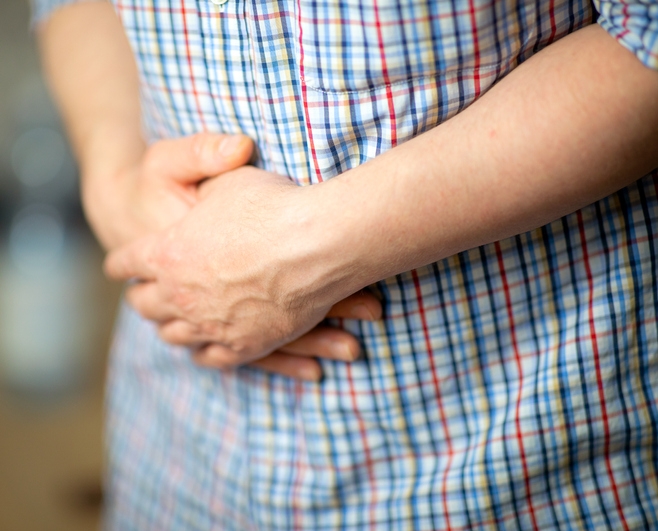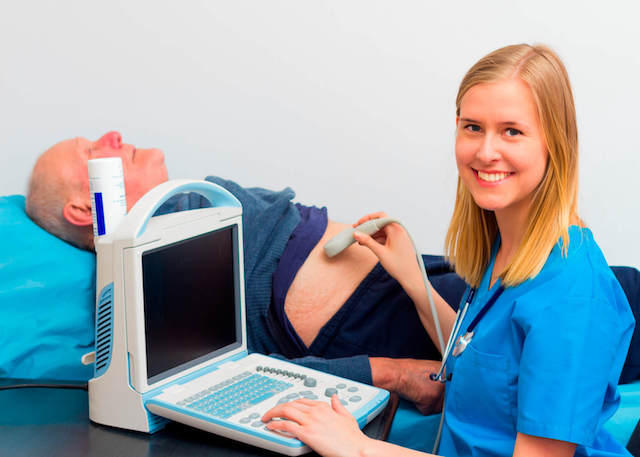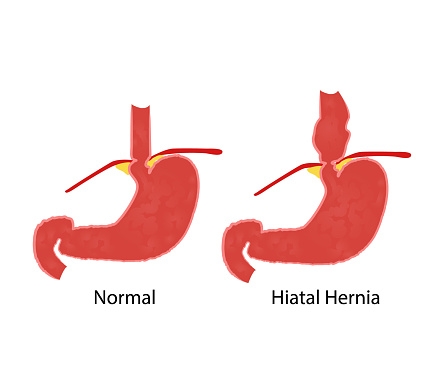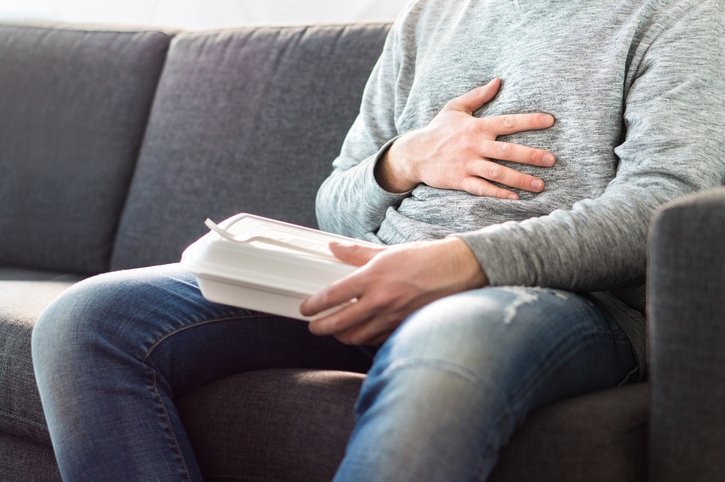Signs of a Hernia
Hernias are never very pleasant and are often painful. A hernia occurs when one of your organs pushes through the muscles holding it in, which most often happens with the intestine through the abdominal wall. While not necessarily life-threatening, a hernia can lead to more serious conditions later on, and it won’t go away on its own. If symptoms worsen over time, it must be treated promptly to repair the damage.
There are several different types of hernias, like an inguinal hernia or an umbilical hernia. The difference between the two is when the protrusion is focused around the naval it is known as an umbilical hernia. Inguinal hernias will sometimes cause pain around the appendix, resulting in improper self-diagnosis. Abdominal pain can be serious so it is always important to consult your physician if you are experiencing this kind of pain.
So how can you tell if you have a hernia? The following symptoms of hernia can help:
- Bulging protrusions: You may be able to detect if something is poking out through the muscle by touch. In the case of a hernia in the abdominal area, you may have a bump somewhere around your belly that becomes more pronounced when you stand up.
- Pain: You may feel discomfort or pain in the area of your hernia when bending over, lifting heavy objects, coughing, or sneezing.
- Weakness or pressure: If your abdomen feels weak or heavy, it may be a sign that you have something poking out through your abdominal wall.
- Gurgling or burning sensation: You may experience aching, burning, or gurgling in the region where the hernia has occurred.
- Acid reflux: In a hiatal hernia, in which your stomach is coming out through the muscle, the extra pressure may be causing digestive acids to overflow into the esophagus, causing heartburn.
- Difficulty swallowing: Also related to a hiatal hernia, you may experience difficulty swallowing as a result of your acid reflux and the extra pressure on your stomach.
In some cases, you might not notice any symptoms, in which case it might be discovered during a doctor’s visit. If you have experienced these symptoms, and especially if they seem to be getting worse, you may need Hiatal Hernia surgery to repair it and your abdominal wall. For more information or to discuss what options you have to repair a hernia, contact the office of Dr. Malladi Bariatric and Advanced Surgery to schedule an appointment.







